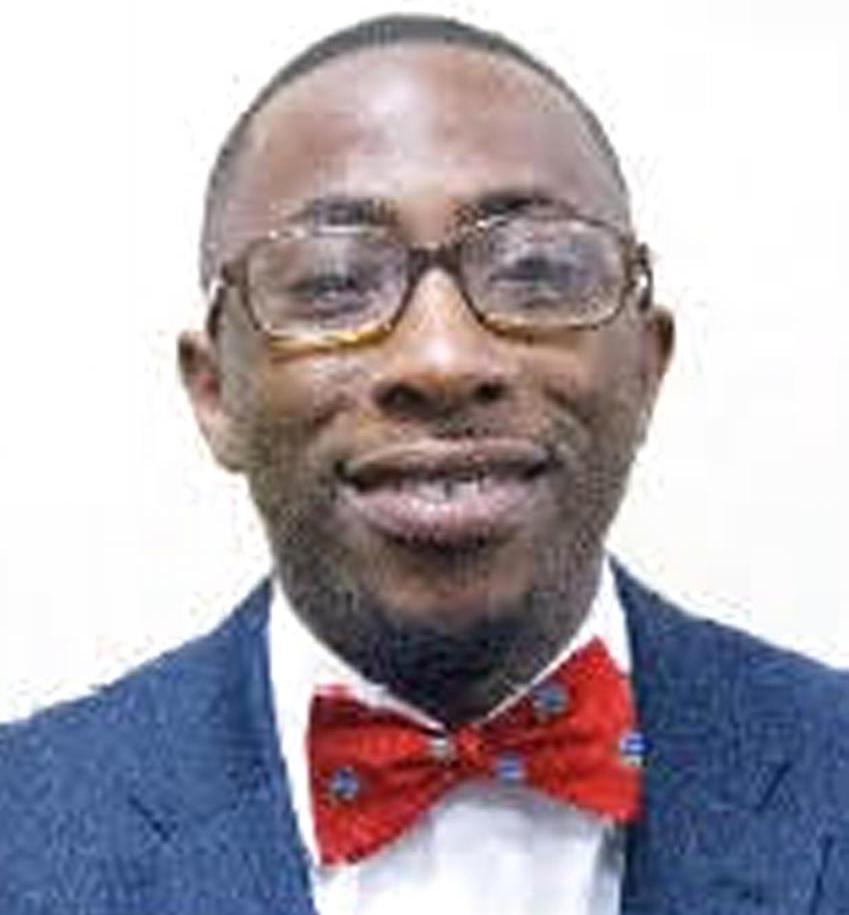Story of Darren Jackson

“Although the journey left me feeling beaten and bruised, my undying desire to serve marginalized communities maintained my perseverance.”
Darren, Medical Class of 2021
I grew up in New York, however, at the age of 16 I moved to Baltimore to start college at Morgan State University. I received my B.S. from Morgan State, which is a Historically Black College, then came back to my hometown for graduate school at Columbia University. After receiving my MPH I went on to direct the wellness department at The Harlem Children’s Zone. Although I had a long record of community service and activism within Harlem, The Bronx, Baltimore, and D.C., my newly acquired foundation in public health made me appreciate even more the complexities of underserved communities and the importance of creating physicians who are culturally competent to serve them.
I made a decision to go into the field of medicine after I began to have seizures in high school. Although these events were very frightening, it sparked a strong desire in me to understand the mechanics of the brain. It was at that point I realized that I wanted to be a physician, but I had no clue of all the obstacles that were ahead of me. Although the journey left me feeling beaten and bruised, my undying desire to serve marginalized communities maintained my perseverance. I always felt that if given the opportunity, I could prove myself and be successful within a medical school curriculum. The Georgetown Experimental Medical Science (GEMS) program provided me this opportunity, plus so much more. I liken the GEMS program to an academic training camp. Within my year as a GEMS student I was provided an insurmountable amount of support and resources that cultivated my academic skills.
After receiving my acceptance phone call I dropped to my knees and thanked God for the privilege to enter into this noble profession, especially under the training of Georgetown University School of Medicine. Georgetown’s focus on “Cura Personalis” was displayed in many elements of their curriculum. It was evident that Georgetown was just as concerned with producing the most caring and compassionate physicians as they were with producing the best and brightest. I learned a lot about myself in this process. Mostly, to trust in God and his timing. I do not regret how my journey played out. Now I will use the knowledge that I will gain during these next four years, and apply it to better communities similar to the ones I grew up in. Thank you to the GEMS program and to the Georgetown School of Medicine for creating an avenue aimed at diversifying the face of medicine.
